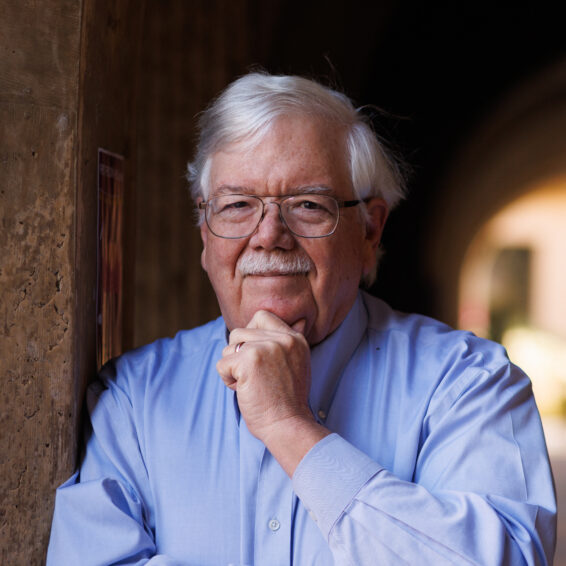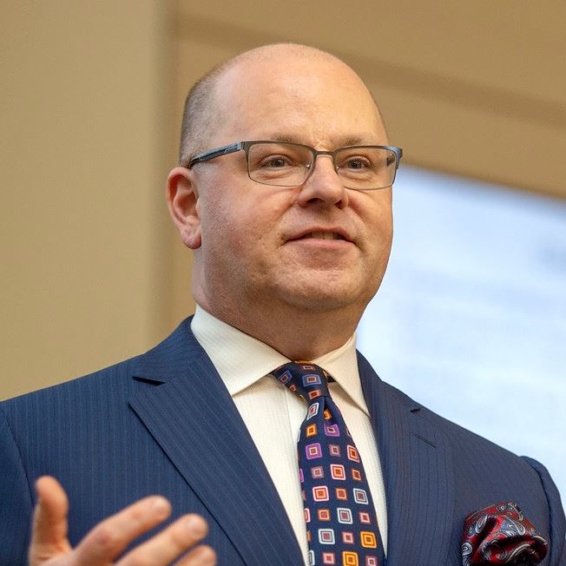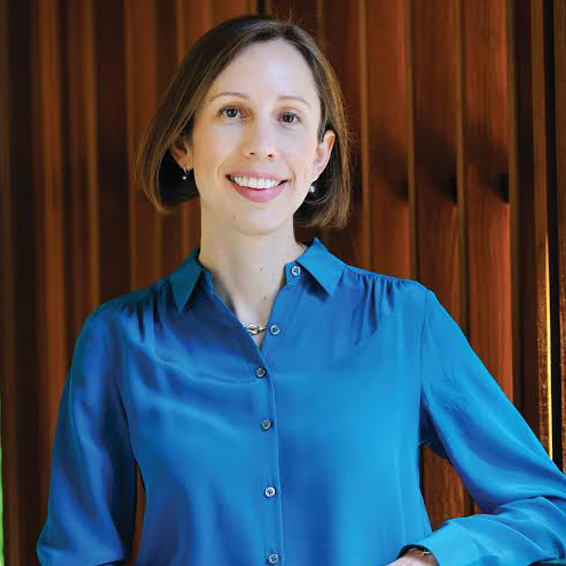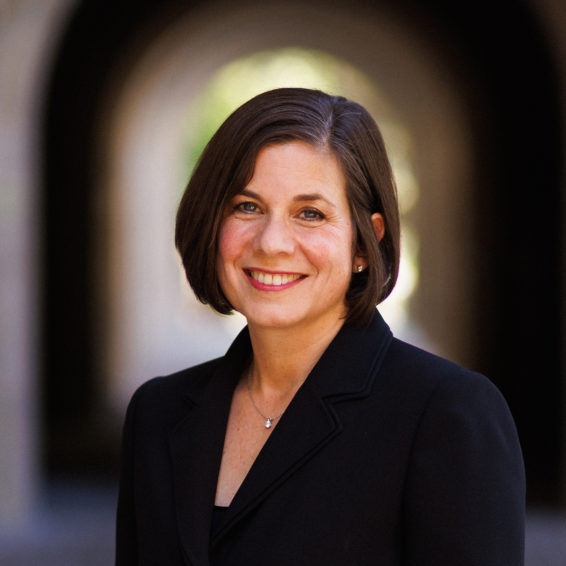Law and Bioengineering
JD/MS, JD/PhD
Encompassing stem cells, synthetic biology, microchips implanted into the brain, artificial hearts, man-made retinas, and much more, bioengineering is one of the fastest growing fields in biomedicine. This burgeoning discipline needs people familiar with both science and law to help bring innovation to market.
A unique blend of assets makes Stanford the leading choice for students interested in the intersection of law and bioengineering, offering unparalleled opportunities. In addition to integrating a top law school with one of the world’s best bioengineering programs, Stanford places students on a campus renowned for bioscience research, in the heart of Silicon Valley—the birthplace of biotech and a hub of the med-tech industry.
Students who pursue a joint degree in law and bioengineering will find many exciting career opportunities with law firms, medical device makers, biotech companies, venture capital firms, government regulators, and other institutions. The joint JD/Masters program may be of great interest to those planning to practice law in biotechnology, pharmaceutical, or medical device fields, as well as patent prosecution or litigation. The JD/PhD program will be useful for all of those fields, but also for students interested in academic careers working at the intersections of law and bioscience in schools of law, medicine, public health, or engineering.
Course Requirements
For the JD/MS program, as many as 45 quarter units of approved courses may be counted toward both degrees. For the JD/PhD program, as many as 54 quarter units of approved courses may be counted toward both degrees. In either case, no more than 31 quarter units of courses that originate outside the law school may count toward the law degree.
The maximum number of law school credits that may be counted toward the MS or PhD in Bioengineering is the greater of: (i) 15 quarter units; or (ii) the maximum number of units from courses outside the department that MS or PhD candidates in Bioengineering are permitted to count toward the applicable degree under general departmental guidelines or in the case of a particular student’s individual program.
Note to applicants: The Knight-Hennessy Scholars program awards full funding to Stanford graduate students from all disciplines, with additional opportunities for leadership training and collaboration across fields. Joint Degree applicants are encouraged to apply to the Knight–Hennessy Scholars Program. Please be aware that the Knight-Hennessy Scholars applications are due in early Autumn one year prior to enrollment. View dates and deadlines: knight-hennessy.stanford.edu/dates-and-deadlines.
Not only does my joint degree program prepare me to build bridges between lawyers and scientists, it's also incredibly exciting. As a student, I've led a group in developing a novel medical device with the potential to significantly improve patient outcomes—something usually only medical students and scientists can do.
Noah Richmond, JD/MS in Law and Bioengineering, '08





